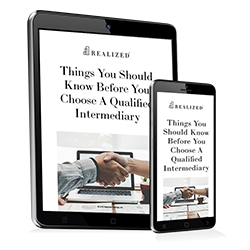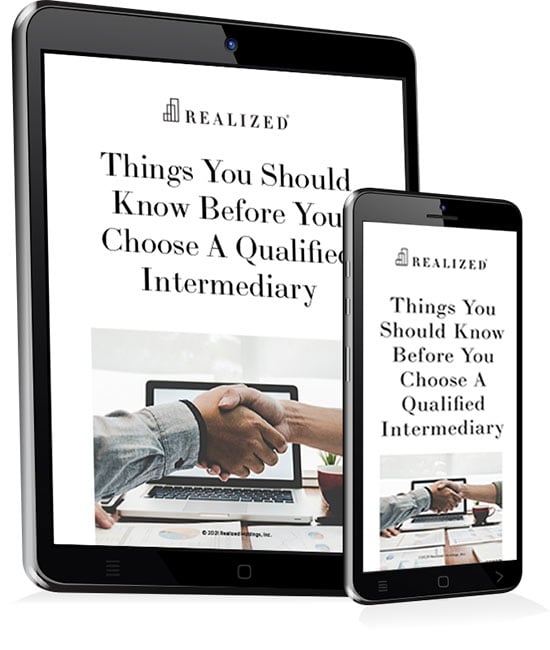
Mention the words “Qualified Intermediary” and the next thing that might come to mind is “1031 exchange.” Certainly, QIs are essential when it comes to the successful execution of a real estate like-kind exchange. In this case, the entity, also known as the accommodator, acts to change a sale to a buyer and a purchase from a seller into an exchange of the one for the other. In addition, the QI prevents the taxpayer from being considered in actual or constructive receipt of the proceeds during the interim period between the sale and purchase.
However, there are other types of Qualified Intermediaries. These entities work with issues focused on Withholding Foreign Partnerships (WPs) and Withholding Foreign Trusts (WTs). As you might have guessed, these QIs serve different roles than accommodators do in a like-kind exchange. To understand the activities of QIs in this role, it’s a good idea to first understand the setups of foreign partnerships and trusts.
Contemplating Overseas Investors
Just about everyone understands that we currently live in a highly globalized economy. Capital, businesses, and partnerships cross borders. This is certainly the case in the United States, in which companies, entities, and others might strike up a joint venture or partnership relationship with a foreign partner or trust. Those foreign investors, in turn, might invest in U.S. securities, real estate, or other properties.
The IRS has a long list that delineates the difference between U.S. citizens, resident aliens, nonresident aliens, and so on. And, according to the IRS, international taxpayers, whether foreign partners or foreign trusts, are subject to withholding when it comes to investments.
WPs or WTs wishing to potentially reduce their tax liabilities may enter into a WP withholding agreement with the IRS. And, this is where the Qualified Intermediary comes in.
How a QI Acts with Foreign Investors
In the case of WPs and WTs, the QI is defined as an eligible person or entity that enters into a QI agreement with the IRS. This entity generally consists of either a foreign intermediary, or the foreign branch of a U.S. intermediary.
The agreement indicates that through these QIs, “foreign persons (may) enter into an agreement with the (IRS) to simplify their obligations as withholding agents . . .” QIs also mean foreign entities can enter into agreements with the IRS to act as qualified derivatives dealers, and to assume primary withholding and reporting responsibilities.
Once that agreement is entered into, the QI is the beneficiary of what the IRS calls “simplified treatment” when it comes to both withholding and reporting rules when it comes to WPs and WTs. This can help streamline the paperwork when it comes to cross-border investments.
Some QI Responsibilities
Documentation. Whenever foreign partners or account holders receive U.S. income, the QI provides a withholding statement, as opposed to foreign documentation. The QI also maintains foreign documentation at its location.
1042-S Reporting. This form reports withheld income and amounts by foreign investors and partners. The QI can also report payments made to direct foreign account holders on a pooled basis, versus reporting payments to each and every account holder individually. The exception to this “pooled basis” reporting is a flow-through entity.
Refund Procedures. QIs can also ask for refunds on behalf of their direct account holders. This spares the foreign investors from having to file returns with the IRS for refunds. Instead, the QIs issues those amounts.
The Qualified Go-Between
The main goal of the foreign partnership/foreign trust Qualified Intermediary is to make life a little easier for entities that are based in other countries but receive U.S. income. The QI entering into an agreement with the IRS can be in a position to reduce the paperwork or red tape when it comes to reporting income, and appropriate withholding measures.
This material is for general information and educational purposes only. Information is based on data gathered from what we believe are reliable sources. It is not guaranteed as to accuracy, does not purport to be complete and is not intended to be used as a primary basis for investment decisions. It should also not be construed as advice, meeting the particular investment needs of any investor. Realized does not provide tax or legal advice. This material is not a substitute for seeking the advice of a qualified professional for your individual situation.



